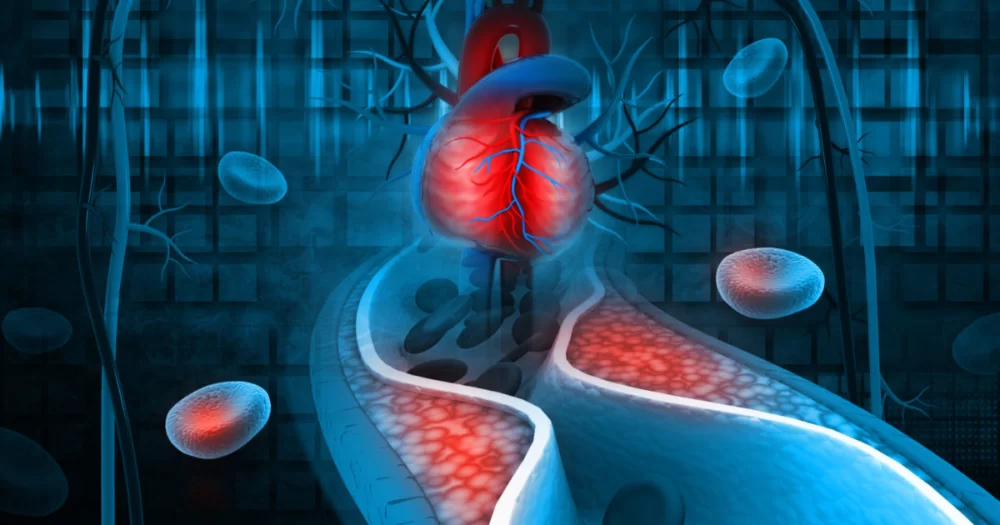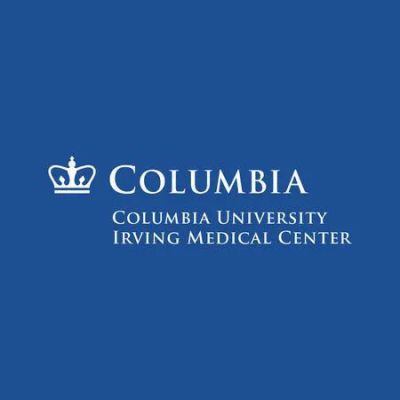Understanding Cholesterol and Its Impact on Heart Disease
Cholesterol is a substance that plays an essential role in the body's functioning. It's found in every cell of the body and is needed to make certain hormones, vitamin D, and bile acids that help digest fat. However, when cholesterol levels are too high, it can lead to significant health problems, particularly heart disease. In this article, we’ll explore what cholesterol is, how it affects heart health, and how you can manage your cholesterol levels to reduce the risk of cardiovascular disease.

What Is Cholesterol?
Cholesterol is a fatty substance that is carried through the bloodstream. It comes in two primary types: low-density lipoprotein (LDL) and high-density lipoprotein (HDL). LDL is often referred to as “bad” cholesterol because high levels can lead to plaque buildup in the arteries, narrowing them and increasing the risk of heart attack and stroke. On the other hand, HDL is known as “good” cholesterol, as it helps carry cholesterol away from the arteries and back to the liver, where it is processed and eliminated from the body.
Capital Health Medical Center – Hopewell
capital health medical center hopewell
1 Capital Way, Pennington, NJ 08534, USA

How Cholesterol Affects Heart Disease
High cholesterol, particularly high levels of LDL, is one of the leading causes of heart disease in the United States. When too much cholesterol builds up in the arteries, it forms a substance called plaque. Over time, plaque can harden and narrow the arteries, a condition known as atherosclerosis. This condition makes it more difficult for blood to flow freely, leading to higher blood pressure and increasing the risk of heart attacks and strokes.
In addition to LDL cholesterol, high triglycerides—a type of fat found in the blood—can also contribute to the development of heart disease. A combination of high cholesterol and high triglycerides can significantly increase the risk of cardiovascular problems.
Understanding Cholesterol Testing
To monitor cholesterol levels and evaluate heart disease risk, a simple blood test known as a lipid panel is performed. This test measures several types of cholesterol in the blood, including total cholesterol, LDL, HDL, and triglycerides. Knowing these numbers is essential for determining the best course of action in managing heart health.
Cholesterol Levels and Their Impact on Heart Disease
Cholesterol levels are categorized into ranges that can help you understand your heart disease risk:
- Total cholesterol: Less than 200 mg/dL is considered normal, while 240 mg/dL or higher is considered high.
- LDL (bad) cholesterol: Less than 100 mg/dL is optimal. Levels above 160 mg/dL may indicate high risk for heart disease.
- HDL (good) cholesterol: Higher levels of HDL are better. A level of 60 mg/dL or higher can protect against heart disease.
- Triglycerides: A level of less than 150 mg/dL is normal, and anything above 200 mg/dL is considered high.
Maintaining a balance between LDL and HDL is crucial for good heart health. If your cholesterol levels are out of balance, it can significantly increase the risk of developing cardiovascular diseases, including heart attack, stroke, and peripheral artery disease.
How to Manage Cholesterol Levels
Managing your cholesterol levels is essential in reducing the risk of heart disease. There are several ways to do this, ranging from lifestyle changes to medication.
Diet and Nutrition
Your diet plays a crucial role in managing cholesterol levels. Eating foods that are low in saturated fats and trans fats can help reduce LDL cholesterol. Foods like fruits, vegetables, whole grains, and lean proteins are beneficial for heart health. Additionally, incorporating foods rich in omega-3 fatty acids, such as salmon, walnuts, and flaxseeds, can help raise HDL cholesterol and protect the heart.
Exercise and Physical Activity
Regular physical activity is another key factor in maintaining healthy cholesterol levels. Exercise can help lower LDL cholesterol and triglycerides while increasing HDL cholesterol. Aim for at least 30 minutes of moderate aerobic activity, such as walking, cycling, or swimming, at least five days a week. In addition to improving cholesterol levels, exercise also helps maintain a healthy weight, further reducing the risk of heart disease.
Medications and Treatment
If lifestyle changes alone are not enough to manage cholesterol, doctors may prescribe medications. Statins are commonly prescribed to help lower LDL cholesterol. Other medications, such as bile acid sequestrants or PCSK9 inhibitors, may be used depending on the individual’s condition and needs.
Story of John: A Real-Life Example of Cholesterol Management
John, a 55-year-old man from California, was shocked when his doctor informed him that his cholesterol levels were dangerously high. He had always considered himself healthy, but he was unaware of the risks that high cholesterol posed to his heart. After learning about the connection between cholesterol and heart disease, John decided to take action.
He began by making small changes to his diet, cutting out processed foods and increasing his intake of fruits, vegetables, and whole grains. John also joined a local gym and started exercising regularly. Over the next few months, he saw significant improvements in his cholesterol levels and lost weight. His doctor was impressed with his progress, and John felt better than ever.
Today, John’s cholesterol is under control, and he continues to prioritize his heart health by maintaining a healthy lifestyle. His story serves as an inspiration for others who may be struggling with high cholesterol to take charge of their health and make positive changes.
Conclusion
Cholesterol plays a significant role in heart disease, and managing cholesterol levels is essential to maintaining good heart health. Through regular monitoring of cholesterol levels, adopting a heart-healthy diet, engaging in regular exercise, and following medical advice, you can reduce your risk of developing heart disease. Taking action now can help protect your heart for the future, ensuring a healthier and happier life.






















Deborah Heart and Lung Center
deborah heart and lung center
200 Trenton Rd, Browns Mills, NJ 08015, USA